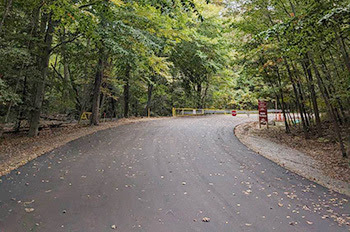HSUS Attack On Alaska Hunting A Sham
The Humane Society of the United States doesn’t let facts get in the way of anti-hunting propaganda meant to mislead the public about hunting in Alaska even when their venom taints practices of Native Alaskans and subsistence hunters in the process.
In a recent blog, HSUS claimed, based on a poll they apparently paid for, that most Alaskans oppose recent proposed changes there that roll back oppressive Obama-era regulations and put management of wildlife squarely in the hands of the state, where it belongs.
For the most part, the types of hunting attacked by HSUS are practiced by native Alaskan and subsistence hunters, on a relatively limited basis, and not by trophy hunters.
Safari Club International supports the State of Alaska’s authority to make decisions about how to manage their wildlife and, for the most part, have left it to the State and the native Alaskan communities to address questions about the specific methods.
The National Park Service first announced the proposed rule withdrawal about six weeks ago. Since then, the antis have launched a propaganda campaign as part of their overall efforts to end all hunting.
“It is the biologists — who spend their careers studying how to manage and conserve Alaska’s predator and prey wildlife populations — who should be the ones who decide how Alaska’s wildlife should be managed – and not individuals who do not have all the facts, who were the likely participants in the HSUS-funded poll,” said SCI President Paul Babaz.
Safari Club International – First For Hunters is the leader in protecting the freedom to hunt and in promoting wildlife conservation worldwide. SCI’s approximately 200 Chapters represent all 50 of the United States as well as 106 other countries. SCI’s proactive leadership in a host of cooperative wildlife conservation, outdoor education and humanitarian programs, with the SCI Foundation and other conservation groups, research institutions and government agencies, empowers sportsmen to be contributing community members and participants in sound wildlife management and conservation. Visit the home page www.SafariClub.org, or call (520) 620-1220 for more information.
International Headquarters Washington, District of Columbia · Tucson, Arizona · Ottawa, Canada
www.SafariClub.org
www.SafariClub.org






